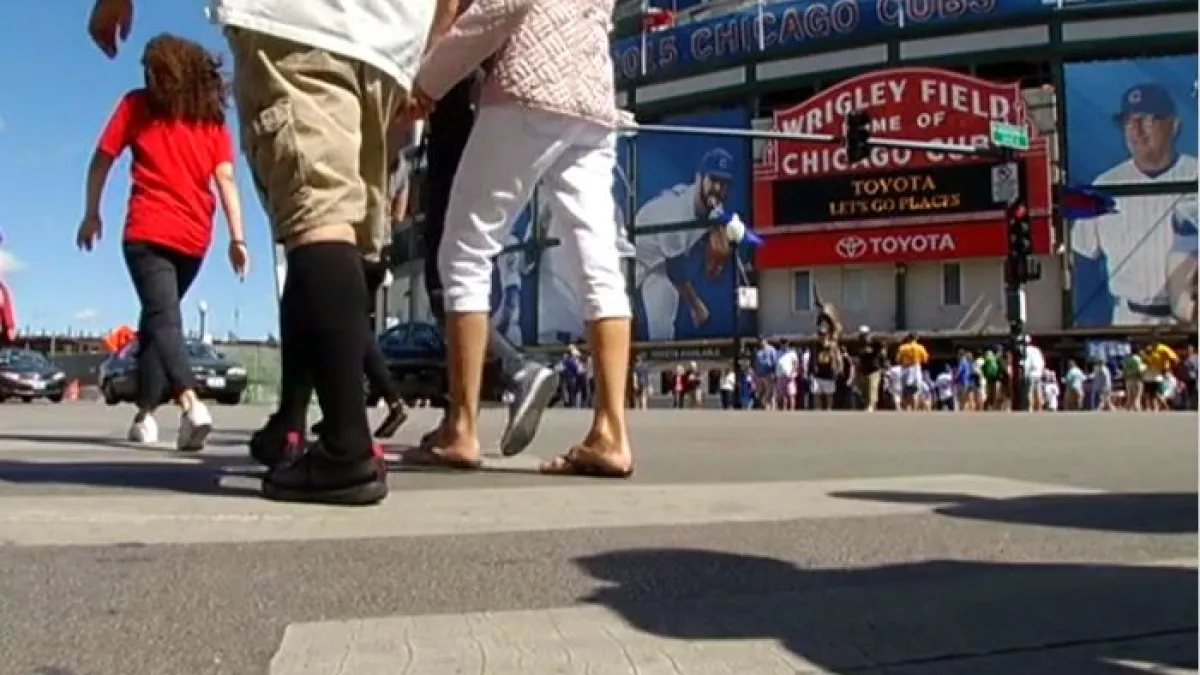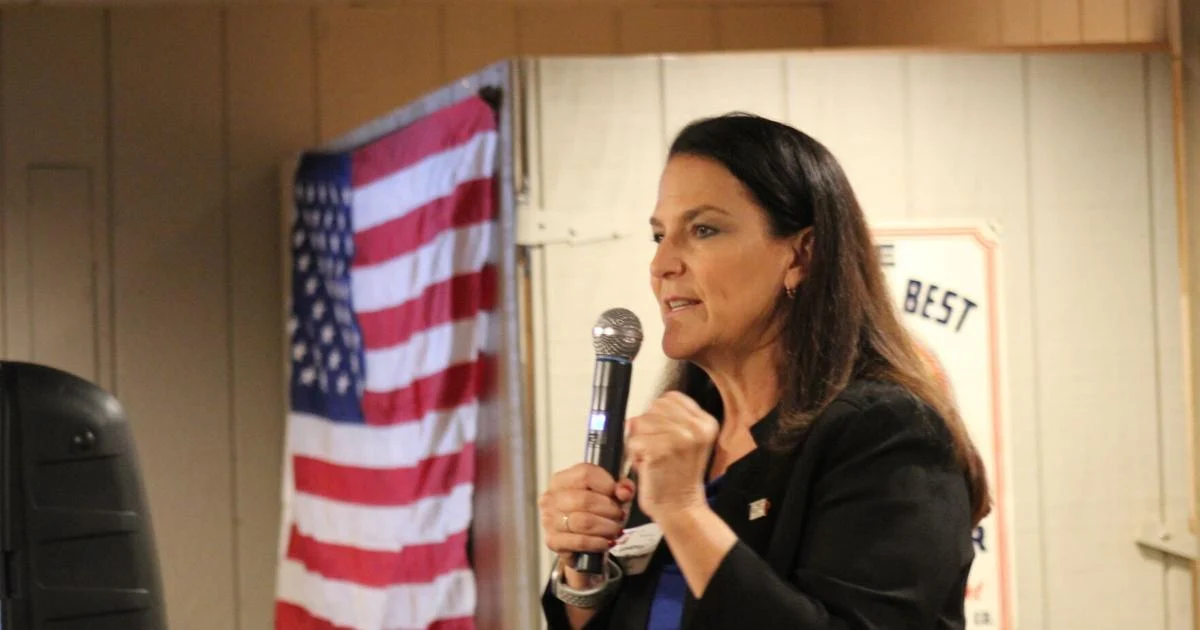
The Chicago Cubs are the center of two claims involving an Illinois law that has been at the center of many recent class-action lawsuits, but the team reportedly called the allegations against them “false.”
Two recent lawsuits filed last week in the U.S. District Court for the Northern District of Illinois, name the team, along with Blue Star Security LLC and Security Holdings LLC, accusing them of unlawfully collecting and storing biometric data of fans at Wrigley Field. The suits, which have since been consolidated, specifically cite facial recognition software, which they allege violates Illinois’ Biometric Information Privacy Act, or BIPA.
But the Cubs denied use of any such technology.
In a statement provided to Crain’s Chicago Business, the team said they “do not use this technology and these allegations are false.” A spokesperson said the team vowed to “vigorously defend ourselves against these claims. The team did not immediately respond to NBC Chicago’s request for comment.
BIPA, which was enacted in 2008 to protect consumer privacy, requires private companies to obtain informed written consent from individuals before collecting their biometric data. Such data includes things like an individual’s unique handprint, fingerprint, facial geometry, eyes and voice.
In a blog post on its website, Blue Star Security stated that “employs a multi-faceted approach to crowd control at a variety of stadiums,” including, “where permitted by law, advanced technologies such as CCTV cameras and facial recognition software,” which can be used to “monitor the movements of attendees and identify potential security threats.”
Many large class-action suits surrounding BIPA have been filed in Illinois, some ending in large settlements, including claims involving Facebook, Google, Snapchat, TikTok, Target and more.
Local
Last year, Illinois Gov. J.B. Pritzker signed an amendment to the legislation to curb the amounts of damages plaintiffs can claim for violations.
Here are BIPA’s primary requirements for private entities:



